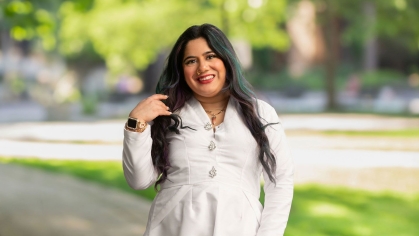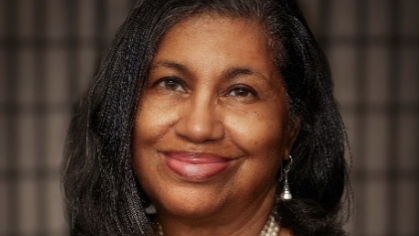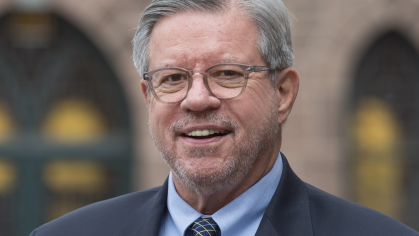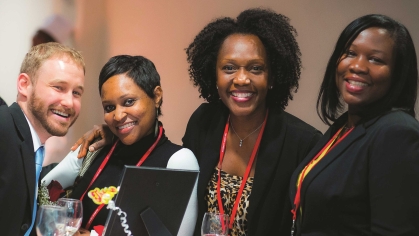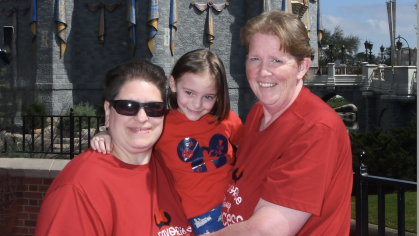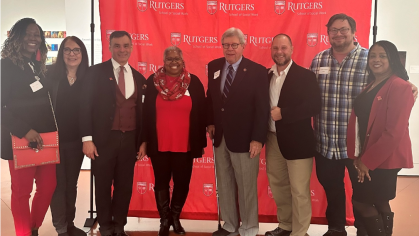
For more than a decade, members of the School of Social Work’s Alumni Council have served as ambassadors that interface between the School, the thousands of alumni who earned a social work degree from Rutgers, and the broader social work community. The Alumni Council, which is comprised of alumni who serve in a volunteer capacity, supports future generations of social workers, enhances the professional portfolios of alumni, and keeps graduates connected with their classmates.

Dr. Laurie L. Mulvey, who graduated from Rutgers School of Social Work with an MSW degree in 1989, considers her education at Rutgers to be the most valuable part of her entire educational experience. Now a clinical professor in sociology/criminology at The Pennsylvania State University, Dr. Mulvey developed and directs the university’s World in Conversation Center, a university hub since 2002 for training students to become conflict facilitators. The mission of "conflict facilitators" is to deploy Mulvey’s dialogue method to help small groups build solutions around contentious social problems.

Juneteenth is one of the most culturally important days in American history, and there are many of us who are just learning the historical significance of this day. The origins of Juneteenth have increasingly been recognized and celebrated nationally, so how did Juneteenth come about, and why are we celebrating it now?
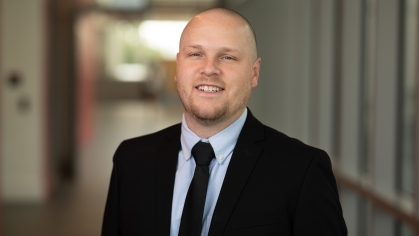
Jamey Lister, Associate Professor & Co-Director of the Northeast & Caribbean Rural Opioid Technical Assistance Center, discusses his research interests and how they are grounded in inclusion, intersectionality, diversity, equity and advancement (IIDEA) with MSW student and IIDEA research assistant Calvin Ryan.

